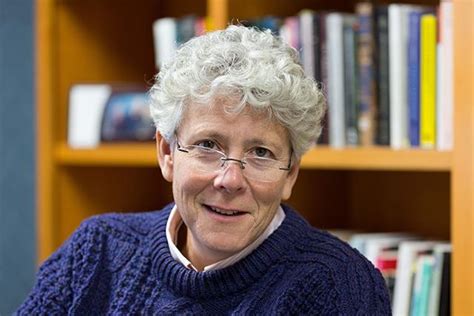A Quote by Eric Kandel
It may act as an ancillary factor, but by itself, the mutation in tau doesn't give you Alzheimer's disease. This is not to say the tau is not very important. It may be important in propagating the disorder from one cell to another. But as a causal mechanism, the evidence is strongest for beta amyloid abnormalities.
Related Quotes
Whenever a new discovery is reported to the world, they say first, It is probably not true, Then after, when the truth of the new proposition has been demonstrated beyond question, they say, Yes, it may be true, but it is not important. Finally, when sufficient time has elapsed to fully evidence its importance, they say, Yes, surely it is important, but it is no longer new.
Researchers and biotech executives foresee the day when the effects of many catastrophic diseases can be reversed. The damaged brains of Alzheimer's disease patients may be restored. Severed spinal cords may be rejoined. Damaged organs may be rebuilt. Stem cells provide hope that this dream will become a reality.
I regarded finding I had a form of Alzheimer's as an insult, and I decided to do my best to marshal any kind of forces that I could against this wretched disease. I have posterior cortical atrophy or PCA. They say, rather ingenuously, that if you have Alzheimer's it's the best form of Alzheimer's to have.
Although random mutations influenced the course of evolution, their influence was mainly by loss, alteration, and refinement... Never, however, did that one mutation make a wing, a fruit, a woody stem, or a claw appear. Mutations, in summary, tend to induce sickness, death, or deficiencies. No evidence in the vast literature of heredity changes shows unambiguous evidence that random mutation itself, even with geographical isolation of populations, leads to speciation.


































